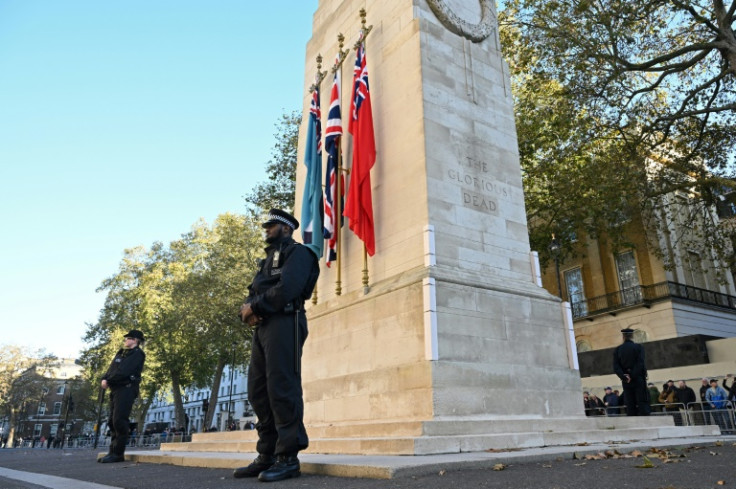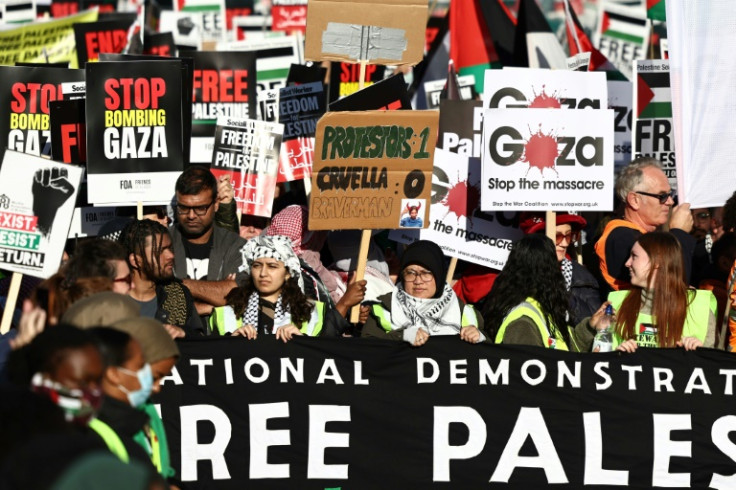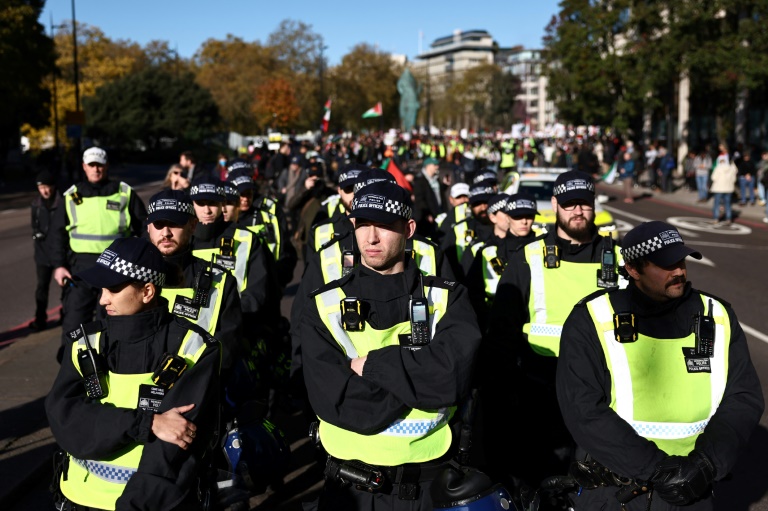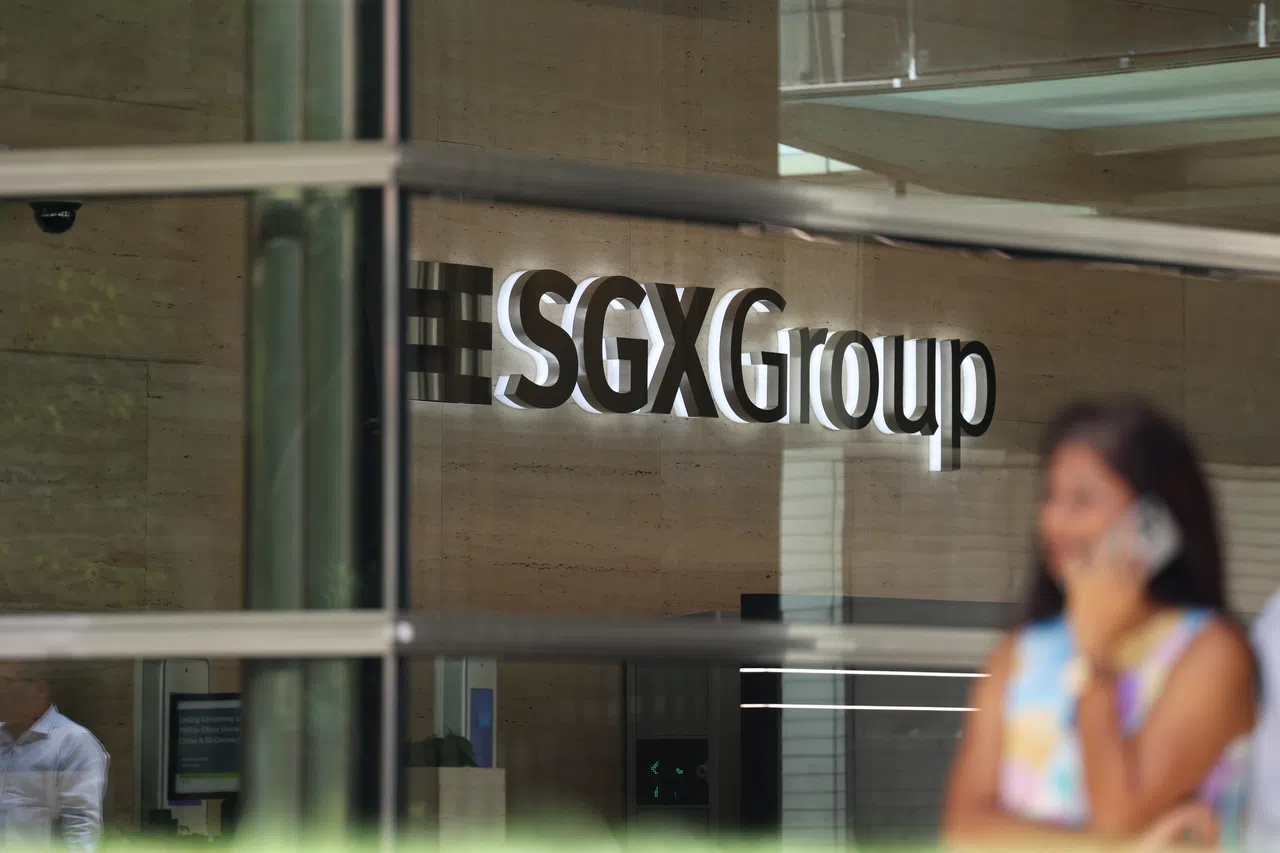Huge crowds marched through the British capital on Saturday, as pro-Palestinian supporters made their latest mass call for a ceasefire, with police out in force to prevent clashes with counter-protesters.
The “National March for Palestine”, organised by the Stop the War Coalition, set off after a two-minutes’ silence to remember Britain’s war dead on Armistice Day was observed at The Cenotaph war memorial in central London at 1100 GMT.
Huge crowds of protesters waved black, red, white and green Palestinian flags and held aloft placards proclaiming “Stop Bombing Gaza”, just over a month since a Hamas attack killed more than 1,200 and took some 240 people hostage, according to Israel.
Five weeks of an Israeli military campaign in response has left just over 11,000 people in Gaza dead, according to the Hamas-run health ministry in the coastal enclave.
As the march set off, protesters shouted “free Palestine” and “ceasefire now”.
London’s Metropolitan Police has made a total of nearly 100 arrests at previous pro-Palestinian marches, including for supporting Hamas, which is proscribed as a terrorist group in the UK, and hate crimes.
But Saturday’s march has generated concern because it coincides with Armistice Day, commemorating the end of fighting in World War I in 1918 — and political criticisms about the policing operation.
Prime Minister Rishi Sunak made a late plea for calm late on Friday, calling for protesters to do so “respectfully and peacefully”.
Met Police deputy assistant commissioner Laurence Taylor said march organisers had changed the route from Hyde Park to the US Embassy in south London to ensure it will not pass any landmark memorials.
Previous events have seen “small groups break away” and that “their behaviour has been escalating and becoming more violent”, Taylor, who is leading the policing operation, told reporters.
Metal barriers have been placed around the area containing the most significant memorials, and an exclusion zone created, with police able to arrest any marchers who try to breach it.
Thousands of people wearing red poppies — the symbol of remembrance — stood heads bowed at The Cenotaph on Whitehall for a solemn ceremony of reflection, with other services held up and down the country.
Minor scuffles broke out near the memorial as counter-protesters — many dressed in black with their faces covered, and some waving England’s St George’s flag and the Union Jack — tried to break through police lines.
Missiles were later thrown at officers in the nearby Chinatown area, the Met said on X (formerly Twitter).
Taylor has said counter-protesters were likely to include groups of football hooligans, and police were “likely” to have to use force at some point against “pockets of confrontation”.
British media reported that Tommy Robinson, the leader of the far-right English Defence League, was among the counter-protesters.
About 1,850 police officers, including some from other forces across Britain, have been drafted in to keep the peace, with 1,375 on Sunday, when a national service of remembrance takes place at The Cenotaph led by King Charles III, senior royals and political leaders.
Home Secretary Suella Braverman, an increasingly outspoken right-winger, has done little to quell tensions, by accusing police of being more sympathetic to so-called left-wing protests than others.
Support for Palestinians is a long-standing policy of the British political left.
The government was also at odds with the Met this week, with ministers calling for the march to be banned, sparking concern over political interference in operational matters.
Sunak said he would hold Met Police commissioner Mark Rowley “accountable” for his decision to allow the demonstration to go ahead.
Rowley has said, however, that it does not meet the threshold for requesting a rare government order to stop it going ahead.
AFP

AFP

AFP






